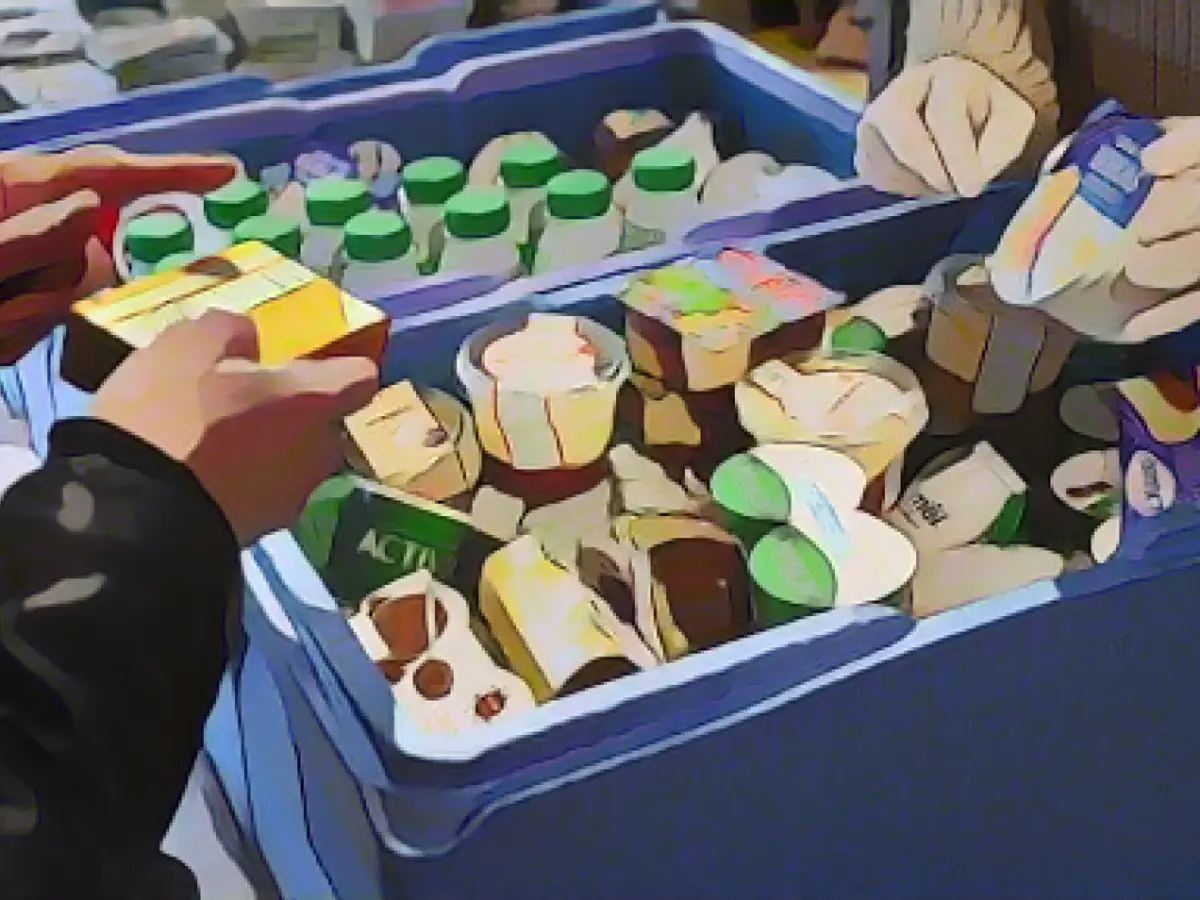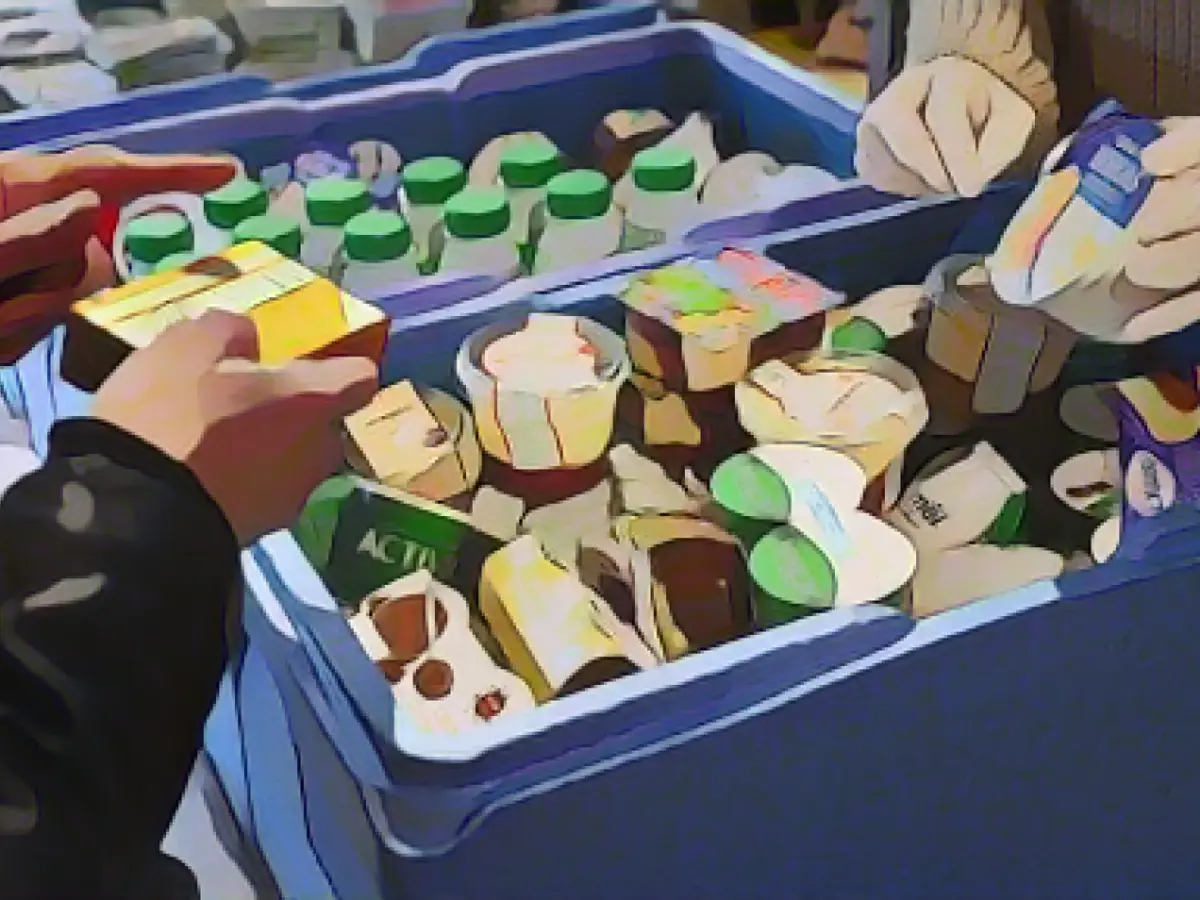Title: Food Banks Struggling in Germany Due to High Demand and Limited Resources
Germany's food banks are grappling with a surge in demand and limited resources, resulting in waiting lists and shorter operational hours, according to a report from Andreas Steppuhn, chairman of the umbrella organization for food banks. In an interview with Redaktionsnetzwerk Deutschland, Steppuhn revealed that around a third of food banks in Germany are on temporary hold or have waiting lists due to the high demand.
The strain on food banks is not new; the situation has been aggravated by various factors such as the Syrian war, the coronavirus pandemic, and Russia's invasion of Ukraine. Steppuhn noted an average increase of 50% in customers compared to previous years, with 1.6 to 2 million people regularly seeking support from food banks in 2023.
While food banks are providing vital assistance, the challenges are formidable. Some food banks have had to shorten their operating hours because supplies cannot keep up with the demand. "We can only distribute what food is actually available," Steppuhn said.
The economic downturn and industrial crisis, migration and asylum policies, demographic and socioeconomic factors, and food insecurity and poverty are some of the compounding reasons behind the rise in poverty rates and the reliance on food banks. These challenges pose a threat to social mobility, leading to a vicious cycle of poverty.
As Germany grapples with these pressing issues, the food banks are serving as an essential safety net. However, addressing these challenges requires comprehensive policy responses to address the interconnected problems and establish a more economically, socially, and politically sustainable future.
Additional Insights
- Germany's labor market is under strain, with unemployment nearing 3 million for the first time in a decade. The economic downturn and industrial crisis have led to significant job losses and plant closures in sectors including automotive and chemicals.
- Asylum seekers and migrants may face more difficulties with strict border control policies, compounding the challenges already faced by food banks and increasing poverty rates.
- The aging population in Germany requires long-term care services, which divert resources away from other social services like food banks, further exacerbating poverty.
- The nutritional deficiencies associated with food bank usage can lead to health issues like obesity and diabetes, perpetuating a cycle of poverty and higher healthcare costs.
Sources:
- Various research studies on poverty and food insecurity in Germany
Enrichment Data Integration: The multifaceted factors contributing to increased demand for food banks in Germany include economic, demographic, and socioeconomic challenges. These issues directly impact poverty rates, reduce social mobility, and lead to health consequences that perpetuate poverty cycles. Addressing these vicious cycles requires comprehensive policy responses in areas such as employment, labor market, migration, and healthcare, as well as addressing nutritional deficiencies in food bank offerings.







